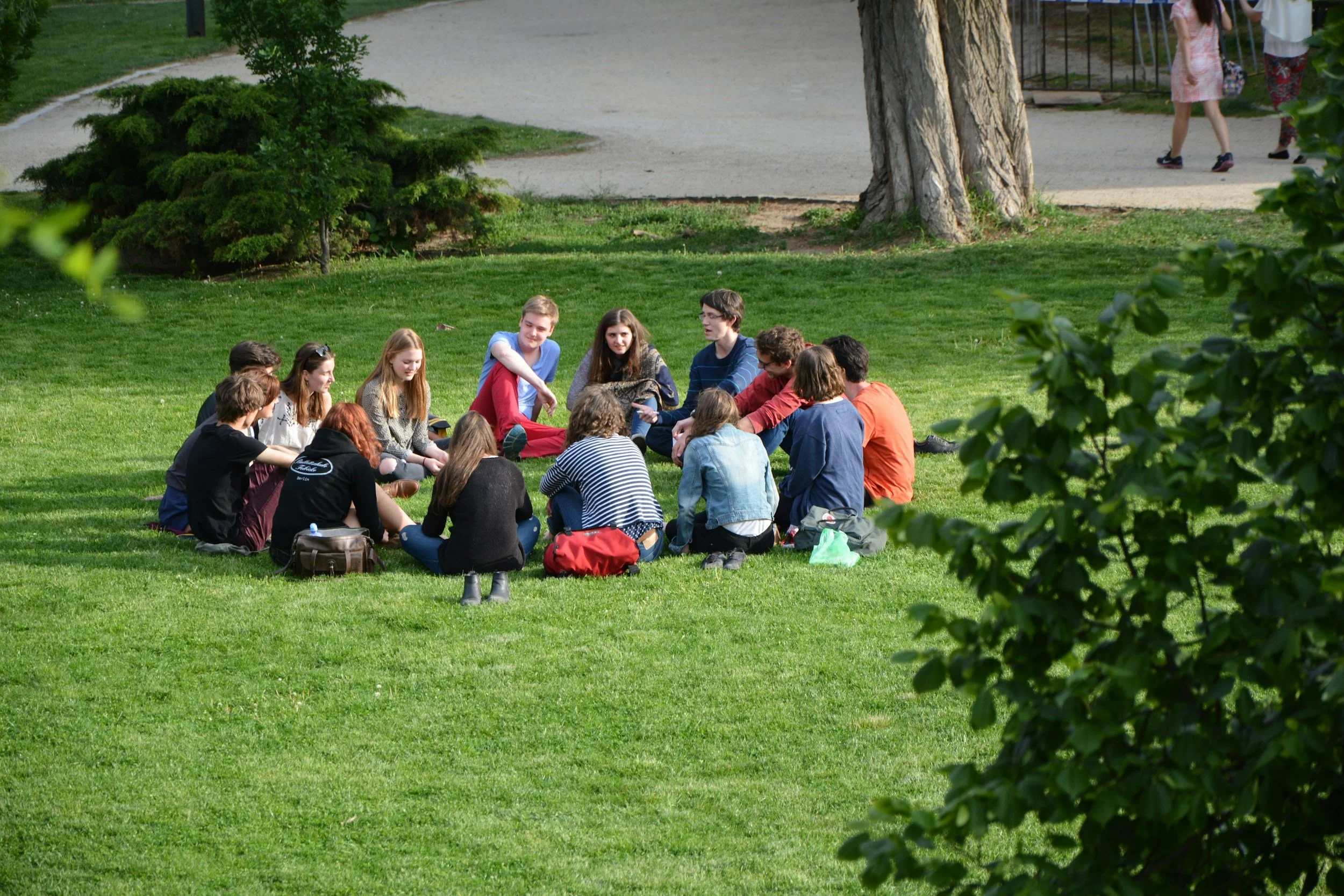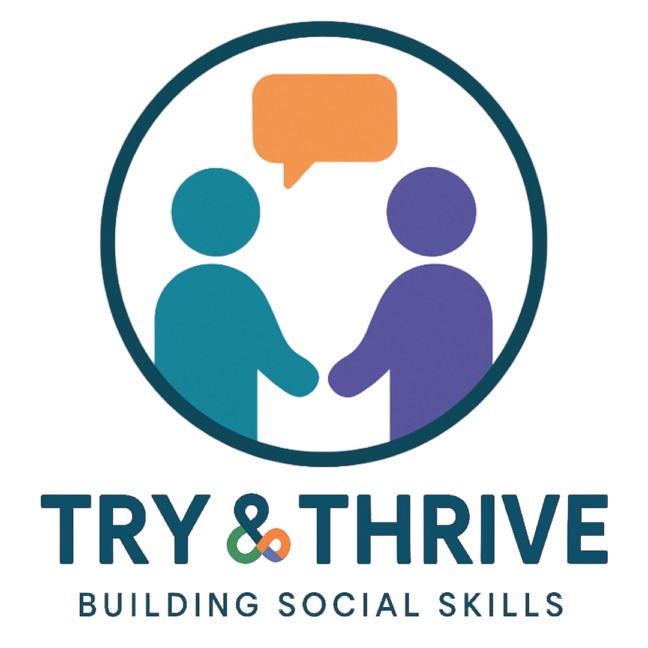
Social Skills Groups
Empowering Young Adults with Tools for Meaningful Social Engagement
Our social skills groups are thoughtfully structured based on a comprehensive assessment of each participant’s strengths and weaknesses. These assessments guide the development of shared goals and targeted teaching strategies to ensure meaningful and effective instruction. Goals are tailored to each individual's needs and the settings in which they use social skills—such as the workplace, vocational programs, college, or community-based activities. Our approach emphasizes explicit instruction, structured practice, and the application of skills in real-world environments. We also offer caregiver training to provide families with tools and strategies to reinforce learning, assist with assignments, and support generalization across daily life.
Instruction focuses on skills such as:
Social Communication: Enhance both verbal (e.g., initiating/maintaining conversations, asking questions, turn-taking, appropriate tone of voice) and non-verbal (e.g., eye contact, body language, facial expressions, personal space) communication.
Social Awareness: Discern the presence of others, recognize social cues and social communication signals.
Social Cognition: Develop the ability to interpret social cues, understand unspoken social rules ("hidden curriculum"), recognize and interpret emotions in self and others (empathy), and take another person's perspective (Theory of Mind).
Social Interactions: Practice how to engage in appropriate social behaviors across different settings (e.g., casual interactions, friendships, romantic relationships, professional environments, community settings).
Social Problem-Solving Skills: Learn strategies to identify social problems, generate solutions, evaluate consequences, and resolve conflicts effectively.
Instruction Delivery: In-person and/or Online; Duration: 10 weeks
CONTACT US
If you have any questions or would like additional information, please feel free to reach out via the contact form or email me directly at clara@tryandthrivenj.com.
Try & Thrive supports adults (18+) with autism spectrum disorder and other developmental disabilities in Middlesex County, New Jersey, to build essential social skills. Telehealth services are also available statewide. We invite you to connect with us to learn how we can help you thrive.




